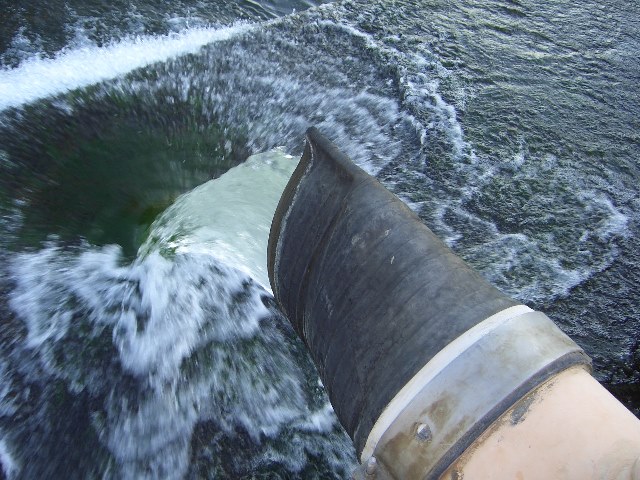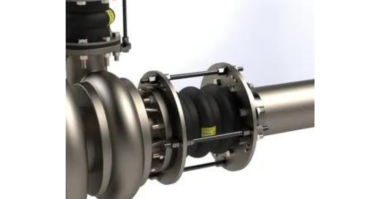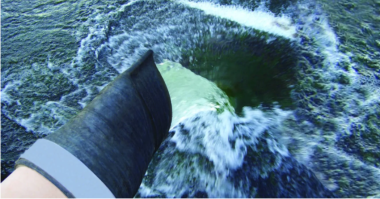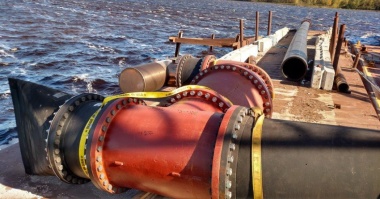Authors: Mike Lassas, Vice President – Administration, and Cal Hayes, General Manager, WaterWorks Division, Proco Products Inc.
Calm down, Ice Cube fans, we’re talking about Check Valves today and the important role they play in a piping system. For those who might not realize the critical purpose they serve, let’s discuss how NOT using a check valve can create some challenges for your operation.
When you design check valves into your piping system, you are proactively addressing the never ending and costly concern for when a valve leaks back into a pump cavity or sumps as well as pressure surge issues and reversal of flow. If there is a pressure surge or the flow reverses in your pumping system, it can cost a lot more money than you realize. For example, if the flow reverses near the discharge end of a pump, it could cause the pump rotor to rotate the opposite direction and might cause damage to the internals of that pump. Compare the cost of repairing or replacing a pump to the initial cost of a check valve, and suddenly the idea of installing a check valve seems not only more cost effective, but equally important for preventive maintenance of the pumping system.
In addition to ensuring positive sealing, some check valves are specifically designed to address valve slam. Valve slam, which is an industry-wide problem for water and wastewater facilities, happens when the pumped liquid flows back to the check valve after a pump shuts off. When this happens, the check valve will slam, making a loud “bang” sound. In a plant with only a few check valves, valve slam might not seem so bad; but when you have a few hundred check valves in a larger, more complex piping system, the noise can be very hard on the ears of the operations personnel.
Valve slam can also break flanges and swing gates in some mechanical check valve designs. The good news is that the rubber duck bill check valve was designed as an alternative to traditional swing gate, inline check valve and flap gate type check valves. The unique thing about a rubber duck bill check valve over a typical lever operated or hydraulically dampened check valve is that it is made of rubber; so when the pump shuts off, the energy flowing upstream comes back toward the pump. The rubber duck bill check valve is able to deflect, or take up the energy within the body of the valve, thereby eliminating valve slam and preventing water hammer, which can damage pipe supports and cause ruptures in the piping system.
Rubber duck bill check valves are great for water and wastewater systems; as the flow of water or flow of sewage is moving through the valve, the flow encourages the lips of the valve to open, allowing the pumped material to flow out to either an ocean outfall, into a ditch, or into a waterway of some sort.
Watch a video of Cal Hayes discussing the Proco ProFlex™750 In-Line Flanged Rubber check valve, which is designed to tackle many of the challenges caused by valve slam. With a flange configuration, this in-line check valve is made out of carbon steel or stainless steel and has flush ports on both the top and bottom of the valve, which allows maintenance crews to flush the valve in case there are instances of plugging or obstructions – basically eliminating the need to dismantle swing gate type check valves – thereby reducing maintenance.




